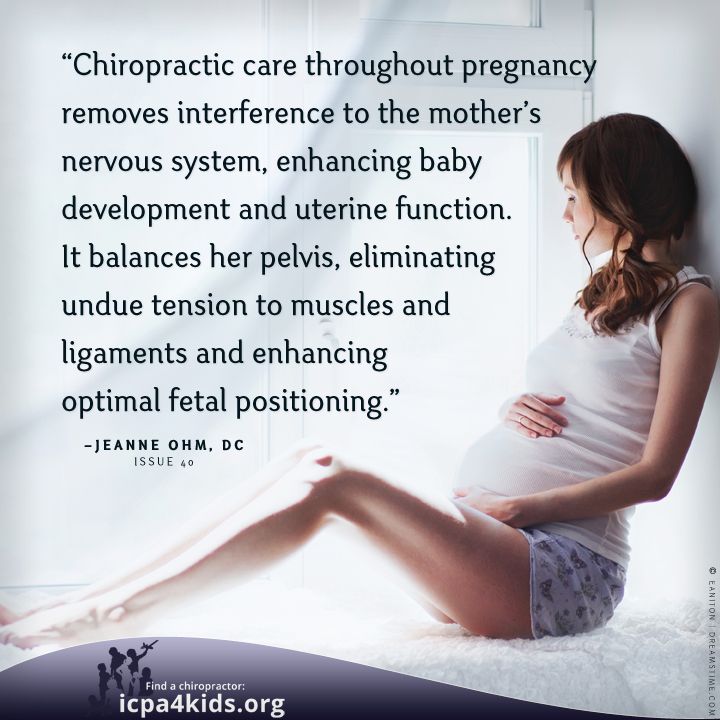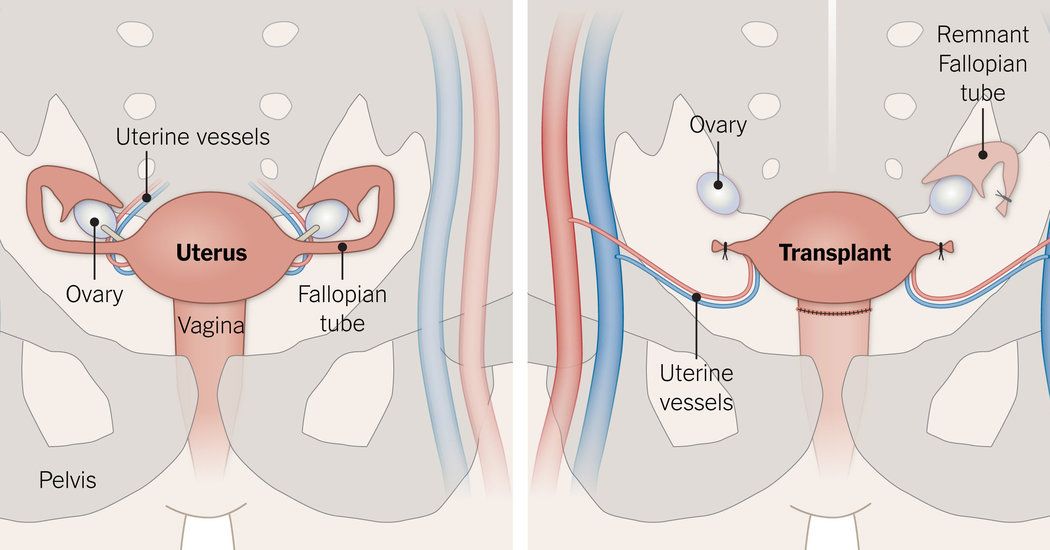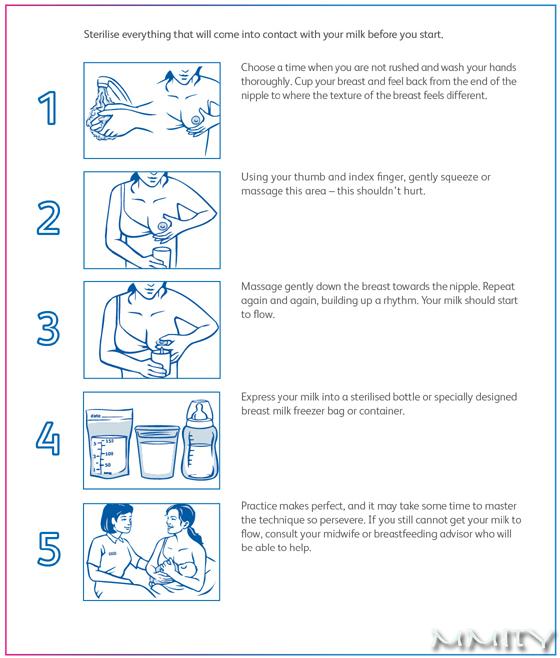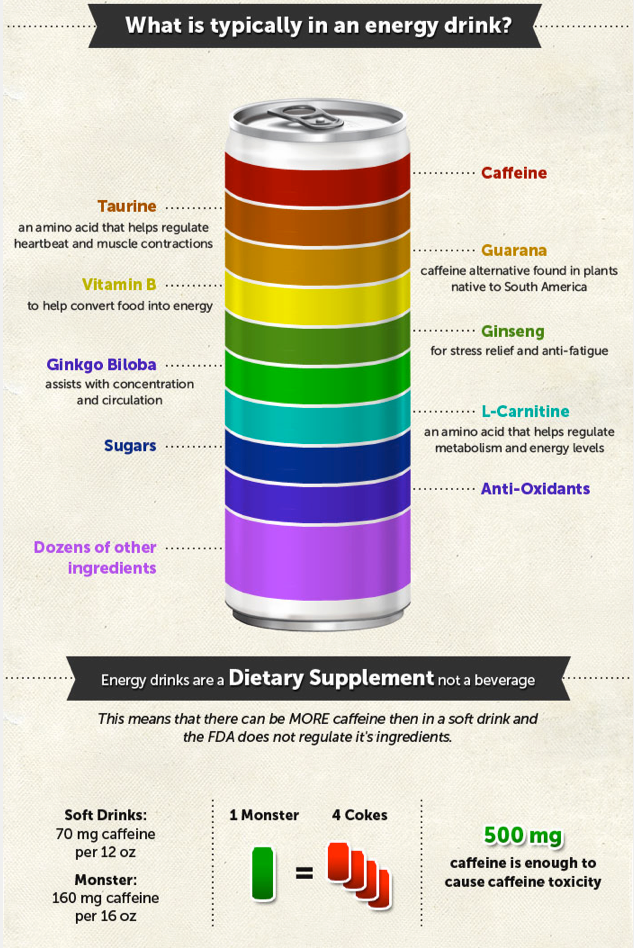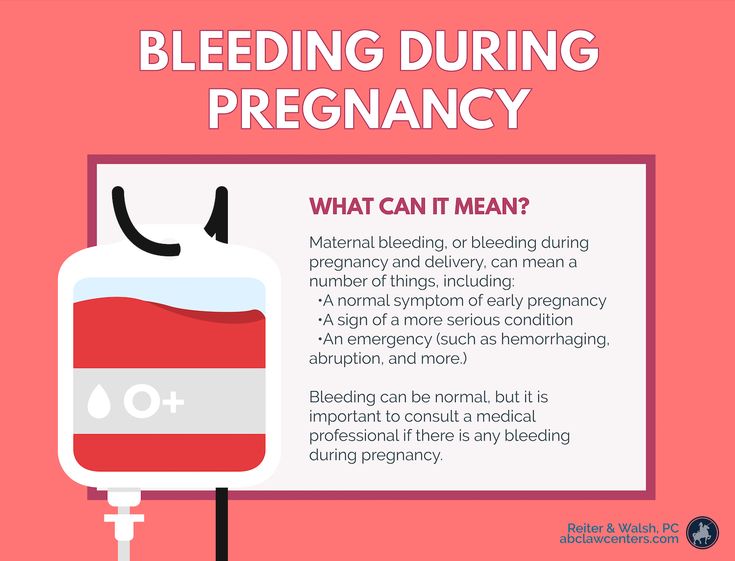How do i know if my baby is healthy during pregnancy
Signs of a Healthy Pregnancy – Maintaining the Good Antenatal Care
The signs of a healthy pregnancy vary between women and not all women experience all the symptoms of pregnancy. The best way to ensure a healthy pregnancy is to make sure you receive good antenatal care and take care of yourself. Generally speaking a healthy mother is more likely to have a healthy baby, and this can best be achieved by working with general practitioners and/or midwives during your pregnancy.
The Importance Of A Healthy Pregnancy For A Healthy Baby
Statistically, a mother’s chance of miscarrying a foetus is highest before the 20th week of pregnancy so it is good counsel to consult with your healthcare practitioner at the first sign you think you may be pregnant.
The earliest signs of a healthy pregnancy differ between women. Some women may experience a combination of signs while others may not present with any so if you are unsure it is always best to err on the side of caution and consult with your healthcare practitioner. The first or earliest signs of pregnancy may include
- A missed period
- Nausea or vomiting, often early in the morning and thus referred to as ‘morning sickness’ (although it can occur at any time during the day)
- Tiredness, headaches or fatigue
- Enlargement or sensitivity of the breasts
- An enhanced sense of smell or avoidance of foods you previously used to like
- Food cravings, sometimes for unusual foods or food combinations
- Frequent urination
Because some of these symptoms may present because of other conditions, a pregnancy test will confirm if you are pregnant. Your healthcare practitioner may administer a blood test, a urine test or an ultrasound to confirm your pregnancy.
What Are The Signs Of A Healthy Pregnancy?
As mentioned above, a healthy mother is more likely to have a healthy baby and taking good care of your body is a good way to give birth to a healthy baby. If you are pregnant you must secure good antenatal care to preserve your health and that of your developing baby.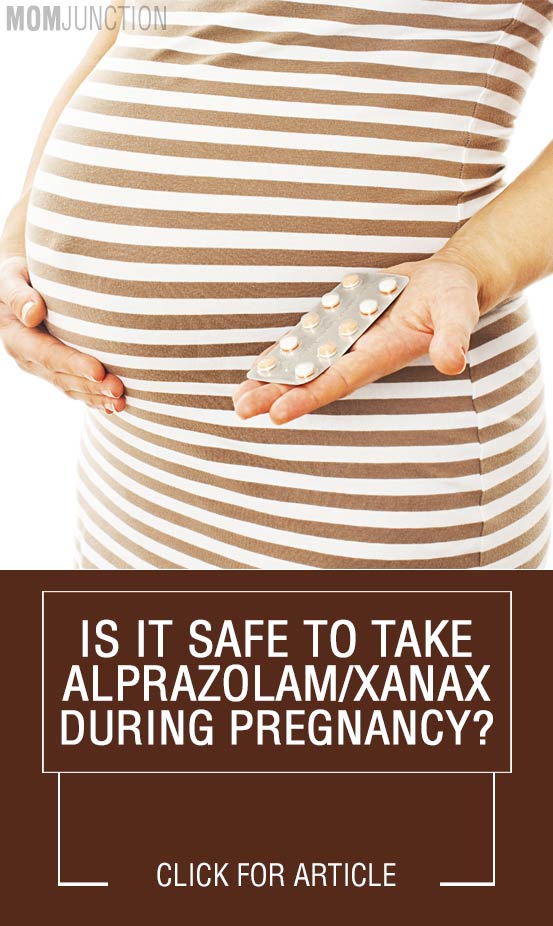
Consistent Growth Patterns
Good growth and development is the surest manner to keep track that your foetus is developing into a healthy baby. Having regular antenatal care helps your healthcare practitioner to plot your baby’s development and ensure that growth milestones are being achieved. On average a foetus can be expected to grow at a rate of about two inches per month. Generally, the average baby weighs around 3kg at the time of birth, but this figure is very dependent on the baby’s genetics.
Maternal Weight Gain
Attached to the development of the foetus is the weight gain and belly growth of the mother. At each antenatal appointment, your general practitioners will take your weight and measure the growth of your belly.
Foetal Movement
Your baby’s movements can usually be felt from about 5 months or 20 weeks and after some time you will start to notice a pattern to the movement. Your baby’s first movements are referred to medically as foetal quickening.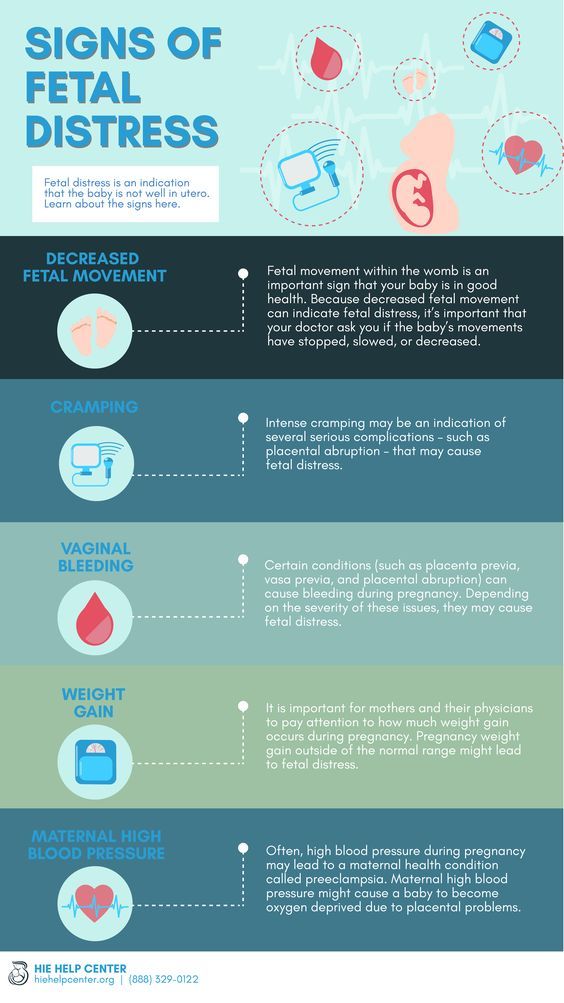
Warning signs during pregnancy | Pregnancy Birth and Baby
Warning signs during pregnancy | Pregnancy Birth and Baby beginning of content4-minute read
Listen
Pregnancy is a time of great change for your body, and in your life, as you get ready for your baby to arrive. It also can be a time when you may be worried about some of the changes you are experiencing, and you want to know when you should seek help.
Most changes in your body are likely to be a normal part of pregnancy. Most pregnancy health issues are mild and common. However, some signs can indicate that things may not be going well, and could point to a more serious pregnancy complication.
Some of these symptoms may appear at different stages of your pregnancy; others might occur at any time. Even if you are not sure about your symptoms but think that something just doesn't feel right with your own or your baby's health, it's important to get it checked out.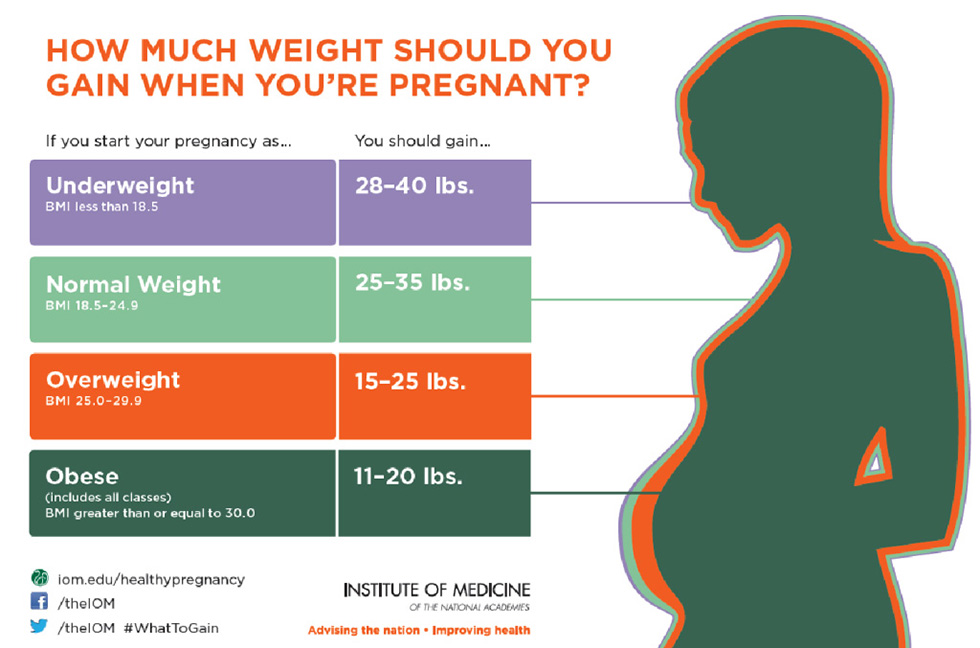
Contact your doctor, midwife or hospital immediately if you have any of the following symptoms:
Any time during pregnancy
While some signs may only appear at certain times during your pregnancy, many can occur at any stage, including:
- prolonged or severe vomiting
- bleeding from your vagina
- a discharge from your vagina that is unusual, or a lot more than usual
- severe or long-lasting headaches
- dizziness
- continuing weight loss
- fever or chills
- urgency, pain or a burning feeling when urinating (weeing)
- feeling constantly out of breath, dizzy or weak or having a racing heart
- you have had a blow to your stomach (such as from a fall, crash or a family violence incident)
- you are experiencing problems with your emotional health that last longer than 2 weeks, such as feeling depressed, anxious or being unable to do your usual, everyday tasks
Early pregnancy (before 20 weeks)
Certain types of pain in the early stages of pregnancy could be a sign of miscarriage or an ectopic pregnancy:
- persistent or severe pain on one side of your abdomen or pain in the tip of one shoulder
- severe pain or cramping in your lower abdomen (tummy)
Later pregnancy (after 20 weeks)
Although some discomfort is common during the later stages of pregnancy, some signs need to be checked by a doctor immediately, including:
- changes to your vision, flashing lights or blurry eyesight, which are signs of pre-eclampsia
- sudden, severe swelling in your hands, feet or face
- an extreme itchiness of your skin, including hands and feet
- a large amount of swelling in your legs (which is also painful)
- if your baby has stopped moving or is moving differently
What happens next?
When you see your healthcare professional, they may perform some tests to check or maintain the health of you and your baby.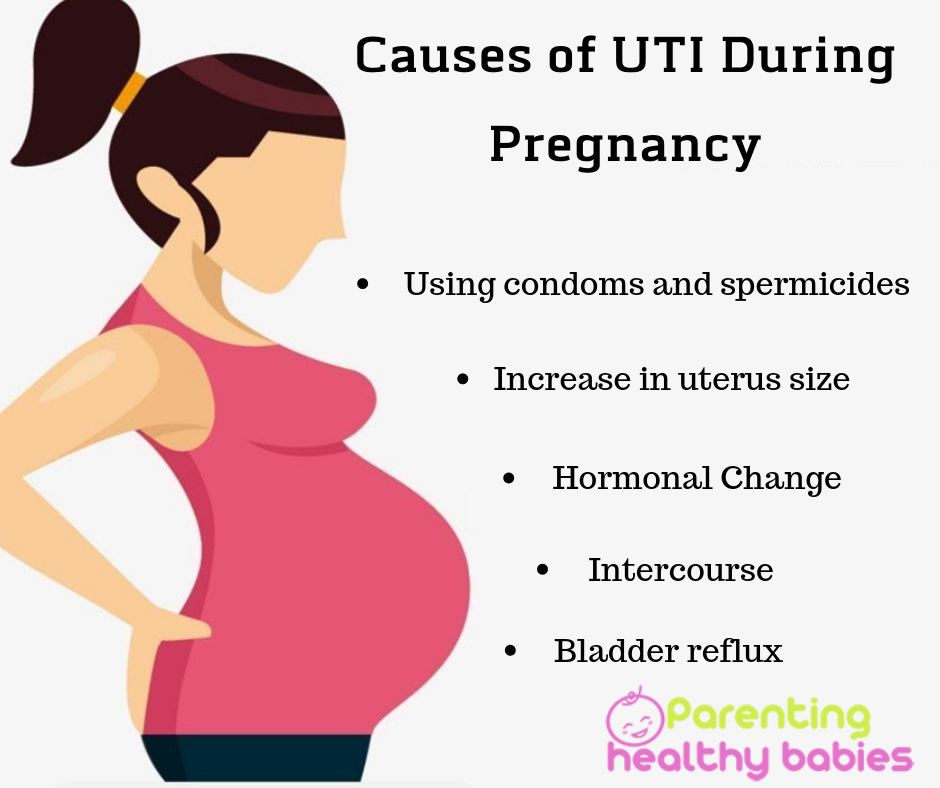 These tests may include:
These tests may include:
- a health assessment and investigation
- an ultrasound or blood test
You may also receive a referral to another doctor or specialist, and you can also get emotional support.
How can I avoid pregnancy complications?
It's often not possible to avoid a complication in pregnancy. You may have a higher chance of developing one if you have a health problem before conception, or had one during a previous pregnancy. There may also be a higher chance if you have a family history of pregnancy complications.
It may be possible to lessen the chance of developing a problem, or reduce the chance of a complication becoming worse, by making sure you go to all of your antenatal appointments. If a potential health issue is found, you may need additional antenatal appointments to more closely monitor the health of you and your baby.
Where to get help
- Phone your doctor, midwife or maternity hospital urgently if you have any concerns.

- Visit your hospital or call triple zero (000) and ask for an ambulance.
Other sources of advice
- Call Pregnancy, Birth and Baby on 1800 882 436 to speak to a maternal child health nurse.
- Consider visiting healthdirect's Symptom Checker for pregnancy if you are experiencing discomfort in pregnancy or are worried about any symptoms.
Sources:
NSW Health (Early pregnancy – when things go wrong), BabyCenter (Pregnancy symptoms you should never ignore), Raising Children Network (Health problems in pregnancy)Learn more here about the development and quality assurance of healthdirect content.
Last reviewed: April 2021
Back To Top
Need more information?
Early pregnancy: when things go wrong - Maternal, child and family health
Early pregnancy – when things go wrong is a resource that offers expert advice and support to women experiencing complications in early pregnancy.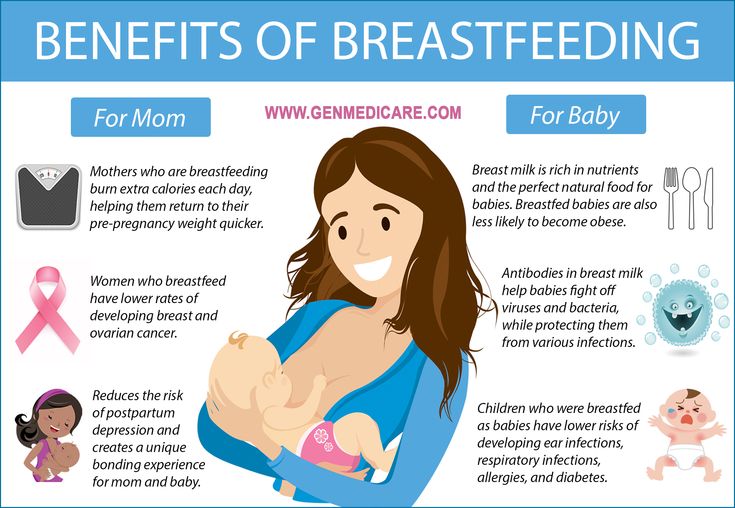
Read more on NSW Health website
What is a stillbirth?
The cause of a stillbirth is often unknown, but you can help to lower the risk. Learn about prevention, warning signs and giving birth to a stillborn baby here.
Read more on Pregnancy, Birth & Baby website
Pregnancy: premature labour & birth | Raising Children Network
Are you likely to be having a premature birth? Here’s all you need to know about preparing for and recovering from premature labour and birth.
Read more on raisingchildren.net.au website
Premature babies and birth | Raising Children Network
Premature babies are born before 37 weeks of pregnancy. Our essential guide covers premature birth, babies, development, NICU and more.
Our essential guide covers premature birth, babies, development, NICU and more.
Read more on raisingchildren.net.au website
Pregnancy: miscarriage & stillbirth | Raising Children Network
Have you experienced a miscarriage or stillbirth? Find articles and videos about coping with the grief of losing a pregnancy or having a stillbirth.
Read more on raisingchildren.net.au website
Bleeding or pain in early pregnancy
One in 4 women will experience bleeding and/or pain during their first 12 weeks of pregnancy. Unfortunately half of these pregnancies may also end in miscarriage, which cannot be prevented.
Read more on WA Health website
What really happens during a miscarriage
Understand what actually happens during a miscarriage and what you might see and feel.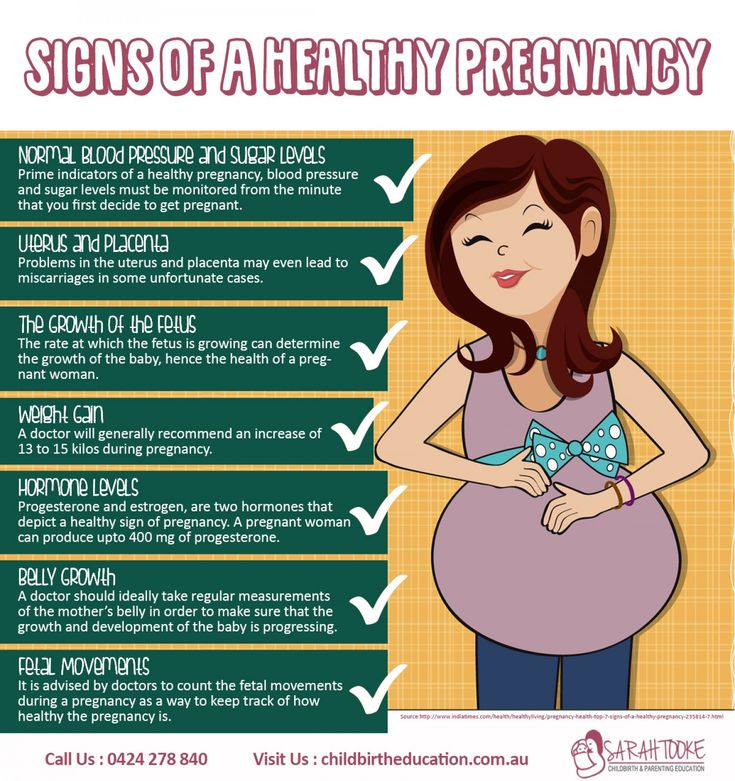 Please be warned that this article contains some graphic descriptions.
Please be warned that this article contains some graphic descriptions.
Read more on Pregnancy, Birth & Baby website
Stillbirth and neonatal death | Raising Children Network
Information about pregnancy loss, stillbirth and neonatal death, including grief and getting support.
Read more on raisingchildren.net.au website
Pregnancy - preeclampsia - Better Health Channel
There is no evidence that preeclampsia is caused by emotional stress, working too hard or not getting enough rest.
Read more on Better Health Channel website
Keeping your baby's remains for testing - Miscarriage Australia
If you miscarry at home, your doctor or specialist may have asked you to collect your pregnancy tissue for testing.
Read more on Miscarriage Australia website
Disclaimer
Pregnancy, Birth and Baby is not responsible for the content and advertising on the external website you are now entering.
OKNeed further advice or guidance from our maternal child health nurses?
1800 882 436
Video call
- Contact us
- About us
- A-Z topics
- Symptom Checker
- Service Finder
- Subscribe to newsletters
- Sign in
- Linking to us
- Information partners
- Terms of use
- Privacy
Pregnancy, Birth and Baby is funded by the Australian Government and operated by Healthdirect Australia.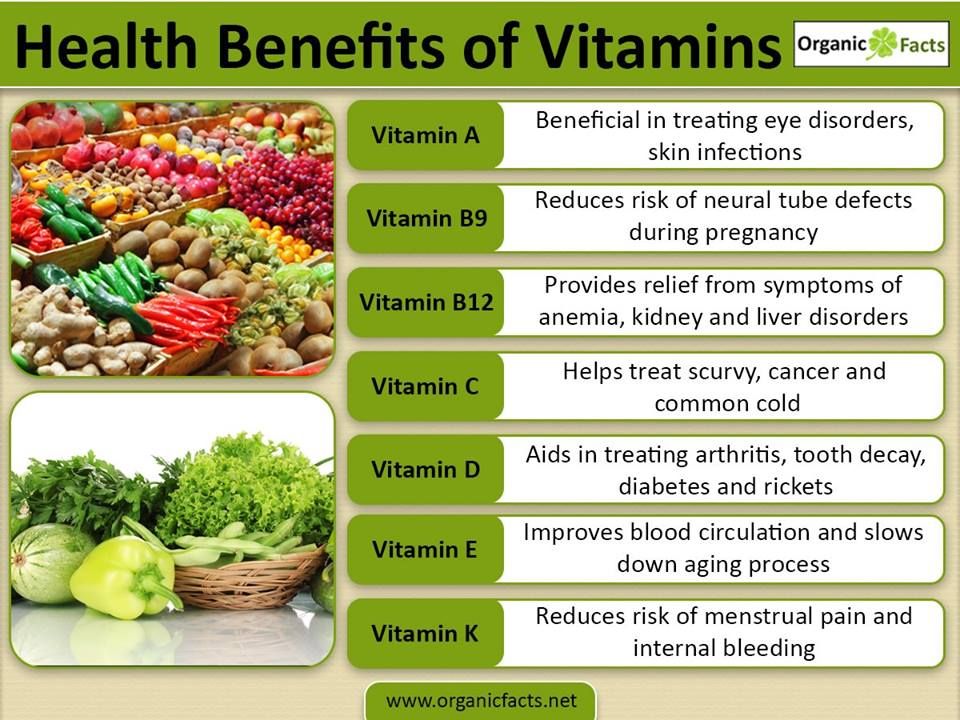
Pregnancy, Birth and Baby’s information and advice are developed and managed within a rigorous clinical governance framework.
This site is protected by reCAPTCHA and the Google Privacy Policy and Terms of Service apply.
Healthdirect Australia acknowledges the Traditional Owners of Country throughout Australia and their continuing connection to land, sea and community. We pay our respects to the Traditional Owners and to Elders both past and present.
This information is for your general information and use only and is not intended to be used as medical advice and should not be used to diagnose, treat, cure or prevent any medical condition, nor should it be used for therapeutic purposes.
The information is not a substitute for independent professional advice and should not be used as an alternative to professional health care.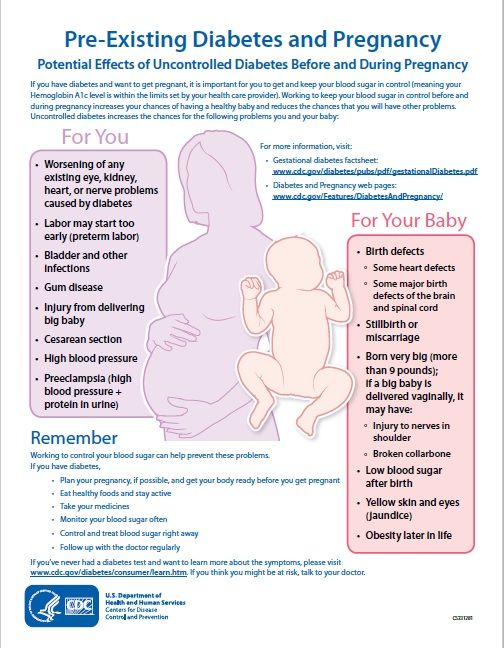 If you have a particular medical problem, please consult a healthcare professional.
If you have a particular medical problem, please consult a healthcare professional.
Except as permitted under the Copyright Act 1968, this publication or any part of it may not be reproduced, altered, adapted, stored and/or distributed in any form or by any means without the prior written permission of Healthdirect Australia.
Support this browser is being discontinued for Pregnancy, Birth and Baby
Support for this browser is being discontinued for this site
- Internet Explorer 11 and lower
We currently support Microsoft Edge, Chrome, Firefox and Safari. For more information, please visit the links below:
- Chrome by Google
- Firefox by Mozilla
- Microsoft Edge
- Safari by Apple
You are welcome to continue browsing this site with this browser. Some features, tools or interaction may not work correctly.
Pregnancy planning tests - articles Lab4u.
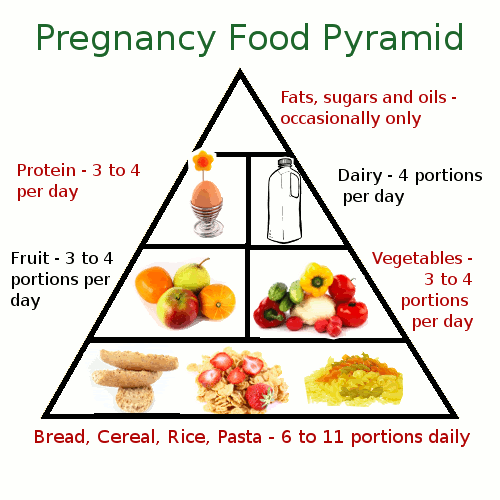 RU
RU - October 16, 2013
- Author: Vladislav Shchetinin
Every mother wants her child to be healthy. A solid foundation for the health of the child can be laid by the mother herself. To do this, a woman must take care of her health both during pregnancy and during her planning. Careful preparation for pregnancy helps the mother to bear 9months of waiting, minimize possible complications and give birth to a healthy baby.
What determines the health of the unborn child?
The condition of a pregnant woman and her child is especially strongly influenced by two factors:
- The state of health of a woman at the time of conception and during the next 9 months - the presence of established or latent chronic diseases, infections and hormonal disorders in the mother can affect the fetus, lead to malformations or diseases in the unborn child;
- The state of health of the father of the child - the quality of the genes that will be transferred to the child depends on it.
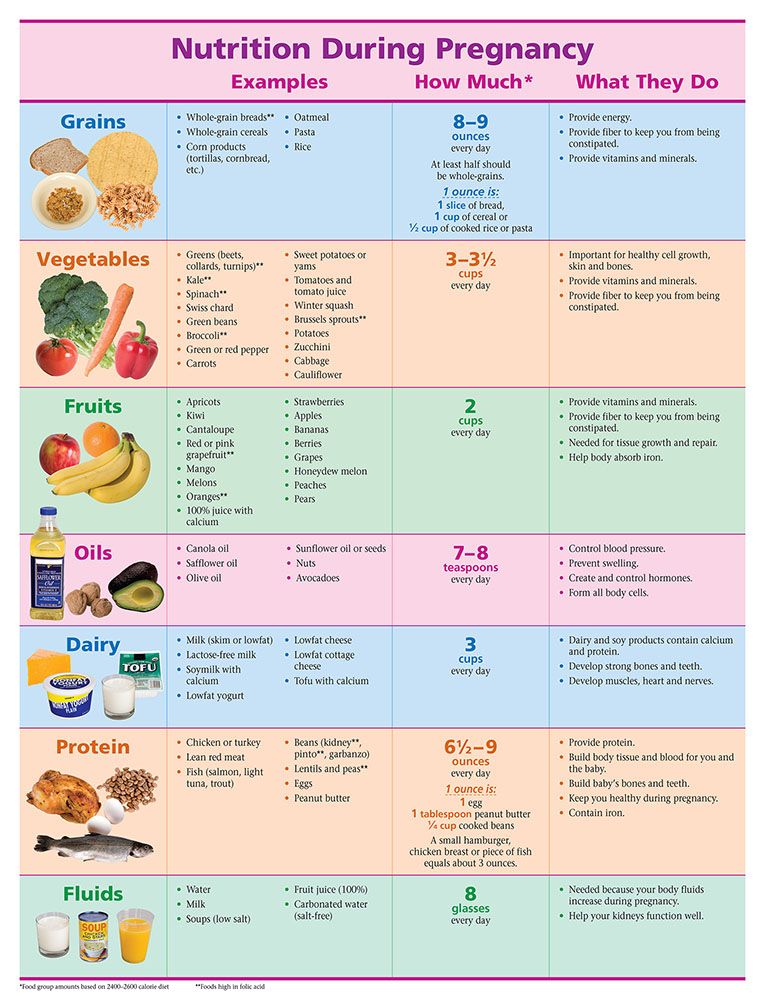 In addition, if the father suffers from some infectious diseases, he can infect a woman with them during sexual contact and this will affect the health of the child and mother.
In addition, if the father suffers from some infectious diseases, he can infect a woman with them during sexual contact and this will affect the health of the child and mother.
Risks to the health of the unborn child and mother
Problems with the health of the mother or father can lead to malformations of the organs in the child, to the entanglement of the umbilical cord and lack of oxygen in the baby during childbirth, to premature birth, miscarriage, placental abruption, polyhydramnios and insufficient body weight of the child.
Here are the most common dangers for the baby and mother:
- Violations of the internal organs of a woman with an increased load on them during pregnancy (at risk are the liver, pancreas, intestines, kidneys, etc.)
- Exacerbation of chronic diseases (kidney, liver, pancreas, autoimmune diseases) or their first occurrence during pregnancy;
- Maternal bleeding disorders;
- Disorders of the normal balance of pancreatic, thyroid, female sex hormones;
- Bacterial or viral infections - can lead to the appearance of chromosomal mutations, damage to various organ systems in a child (especially nervous and cardiovascular), as well as to a significant deterioration in the mother's condition, damage to the placenta.

There are many dangers, but almost all of them can be prevented and significantly reduce the risk of harm to the health of mother and child. The main assistant in this is competent medical supervision. And the most effective tool in the hands of a doctor is a complex of laboratory tests.
Comprehensive laboratory benefits
Qualitative and detailed analysis results help:
- Assess the condition of the expectant mother at the time of the examination and decide on the possibility and safety of conceiving a child. If the results of the tests indicate the presence of an exacerbation of the infection or a chronic illness, the doctor prescribes treatment to the woman, after the successful completion of which the child can be planned again;
- Follow-up of a pregnant woman over time to detect any abnormal health condition at an early stage and prevent complications;
- The results of the tests help the doctor make a prognosis for the course of pregnancy and childbirth, take measures in advance against the most likely complications or prepare for them.
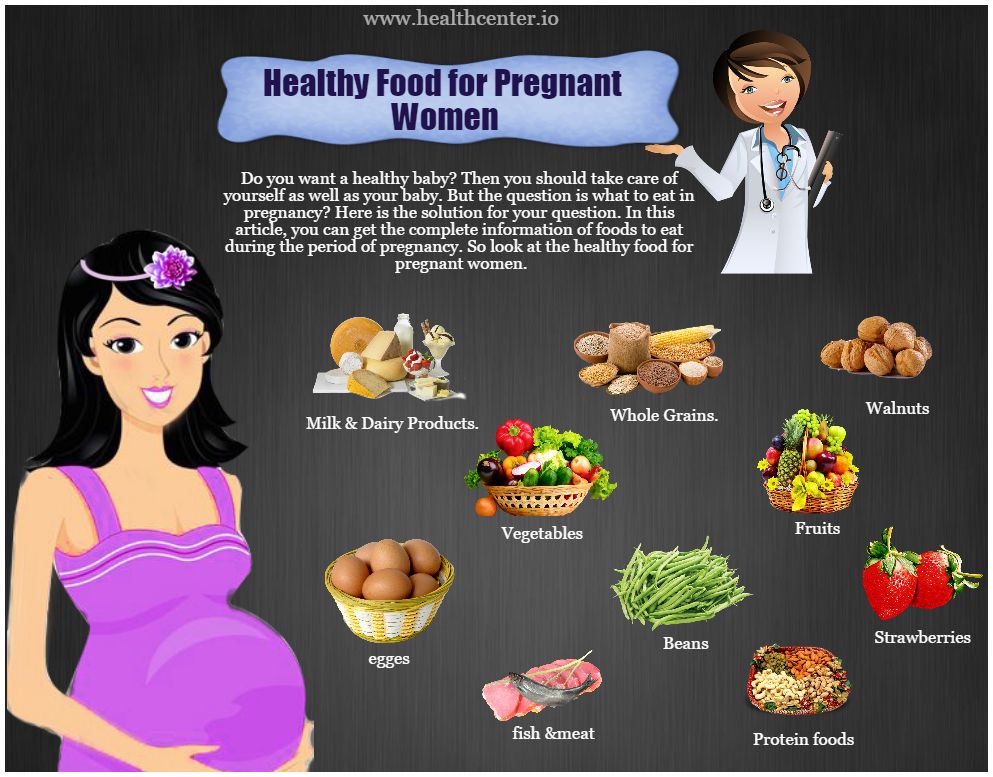
What tests are needed for pregnancy planning and management?
Complex for expectant mother includes a large group of studies: complete blood count, biochemical parameters, hormones and infections.
CBC and ESR (erythrocyte sedimentation rate) give the doctor an idea about the state of health of the woman, about the presence of inflammation in the body of the expectant mother. Determining the blood type gives the necessary information to the doctor and makes it easier for him in case of blood loss in a woman (during childbirth or an unexpected termination of pregnancy). Determination of the Rh factor in both parents makes it possible to predict and prevent the consequences of the Rh conflict between the organisms of the mother and the child. Rhesus conflict worsens the course of pregnancy and poses a danger to the child after childbirth.
Blood chemistry helps check liver and kidney function, iron levels, and blood glucose levels. All these indicators can signal a violation of the function of a certain organ, iron deficiency in the diet, the risk of developing diabetes in a pregnant woman and take timely action. The balance of female sex hormones and thyroid hormones of the mother determines the ability of her body to carry a pregnancy and provide the unborn baby with all the nutrients. In addition, the assessment of hormonal regulation allows you to determine the ability of a woman's body to conceive. A blood test for the TORCH-complex is a determination of the content of antibodies to viruses and bacteria that can cause infection of a child in utero. The study allows you to determine the presence of immunity to infection, or an acute form of infection with the herpes virus, rubella, as well as toxoplasma and other microorganisms. Many of these infections can occur in a latent or erased form in a woman, but they greatly affect the health and development of the child. In addition, you need to check yourself for carriage HIV and various types of hepatitis to prevent transmission of this disease to the child.
All these indicators can signal a violation of the function of a certain organ, iron deficiency in the diet, the risk of developing diabetes in a pregnant woman and take timely action. The balance of female sex hormones and thyroid hormones of the mother determines the ability of her body to carry a pregnancy and provide the unborn baby with all the nutrients. In addition, the assessment of hormonal regulation allows you to determine the ability of a woman's body to conceive. A blood test for the TORCH-complex is a determination of the content of antibodies to viruses and bacteria that can cause infection of a child in utero. The study allows you to determine the presence of immunity to infection, or an acute form of infection with the herpes virus, rubella, as well as toxoplasma and other microorganisms. Many of these infections can occur in a latent or erased form in a woman, but they greatly affect the health and development of the child. In addition, you need to check yourself for carriage HIV and various types of hepatitis to prevent transmission of this disease to the child.
For the future father
It will be enough to conduct blood tests for Rh factor , for antibodies to HIV , and also for infections of the TORCH complex . The fact is that many infections in men can be hidden for years, but when they enter the body of a pregnant woman, they pose a serious threat to the child.
A comprehensive laboratory study will allow you and your partner to feel confident when planning a pregnancy, as well as ensure maximum safety for the unborn child.
To have a healthy baby. Myths and truth about pregnancy » «Muravlenko 24»
Today in Muravlenko 215 expectant mothers are registered in the antenatal clinic. Each of them wants the nine months and childbirth to be successful, and the baby to be healthy. For the sake of this, women are ready to comply with any conditions. And, I'm sure, each of them heard about what is impossible or, on the contrary, must be done during pregnancy, otherwise something bad will happen.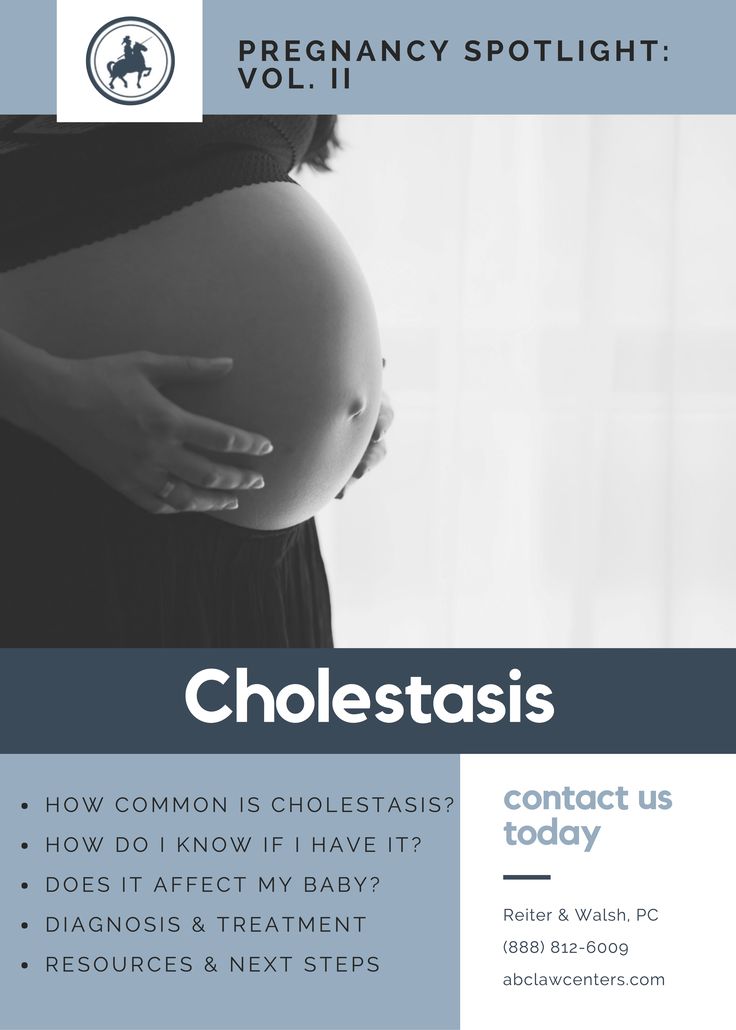 Moreover, these “must not” and “must” can be both from the field of science and the most dense superstition. We have collected the most popular prohibitions and recommendations for pregnant women to find out which of them are a myth and which ones are true. An authoritative expert is the head of the antenatal clinic, obstetrician-gynecologist Natalia Maidanenko.
Moreover, these “must not” and “must” can be both from the field of science and the most dense superstition. We have collected the most popular prohibitions and recommendations for pregnant women to find out which of them are a myth and which ones are true. An authoritative expert is the head of the antenatal clinic, obstetrician-gynecologist Natalia Maidanenko.
You can't cut or dye your hair
This is one of the most common superstitions that women listen to most often. If you cut off your hair, you will take away the strength from the child, and if you dye it, the baby will be born with defects. In general, magical powers have always been attributed to hair. But this is just an old sign, from a scientific point of view, a haircut cannot in any way affect the health of an unborn child. “The only substance that can be harmful -
is ammonia,” explains Natalia Maidanenko. - If the paint is without ammonia, and the choice of such products is now large, then it is safe to use it.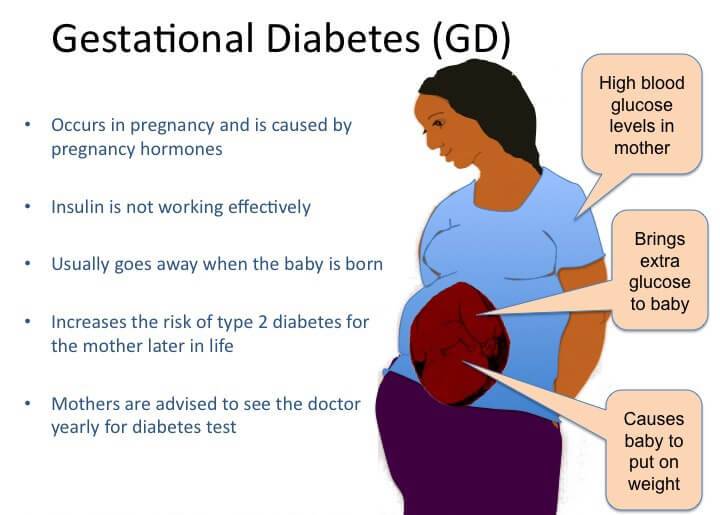 True, it is worth considering that during pregnancy, the structure of the hair changes, respectively, the shade may not turn out as expected. By the way, no one canceled makeup during pregnancy. A woman should always be beautiful and well-groomed.
True, it is worth considering that during pregnancy, the structure of the hair changes, respectively, the shade may not turn out as expected. By the way, no one canceled makeup during pregnancy. A woman should always be beautiful and well-groomed.
You can't stroke your stomach
“It's true. The uterus is a muscular organ that can respond to physical impact with a contraction. Accordingly, constant stroking of the abdomen can cause an abortion. It is better not to touch once again, - says Natalya Arturovna. “If you want to communicate with the baby, just put your hand on your stomach and feel the pushing of the baby.”
Eat for two
If a woman is at a normal healthy weight, then additional calories are not needed in the first trimester. In the second, it is worth adding 340 kcal per day to the diet, and in the third - about 450. This is a couple of glasses of kefir with a handful of seeds or a cheese sandwich. It is better to say that the expectant mother needs not to eat more, but to eat right.
“The diet needs to be completely revised. So, it is undesirable to use easily digestible carbohydrates - this is sugar, jam, buns, cakes. Nutrition should be fractional and balanced. Remember: everything that the expectant mother “eats” during pregnancy remains with her. The woman’s appetite does not affect the size of the child, ”the doctor notes.
“It's not me who wants it, but the child demands it”
Expectant mothers often overeat, lean on sweets and pastries, justifying themselves by the fact that if they want it, it means that the baby demands it, and you can’t limit yourself in anything. One of the deepest delusions. Natalya Maidanenko says: “During pregnancy, a woman should not receive negative emotions, so my opinion, and other doctors, I think, will agree that if a pregnant woman wants, let's say, to eat a bun, then let her eat, but it is desirable that it be before 14 -16 hours. But in everything you need to know the measure.
Do not sleep on your stomach or back
It is said that because of this, the child is at risk of suffocation.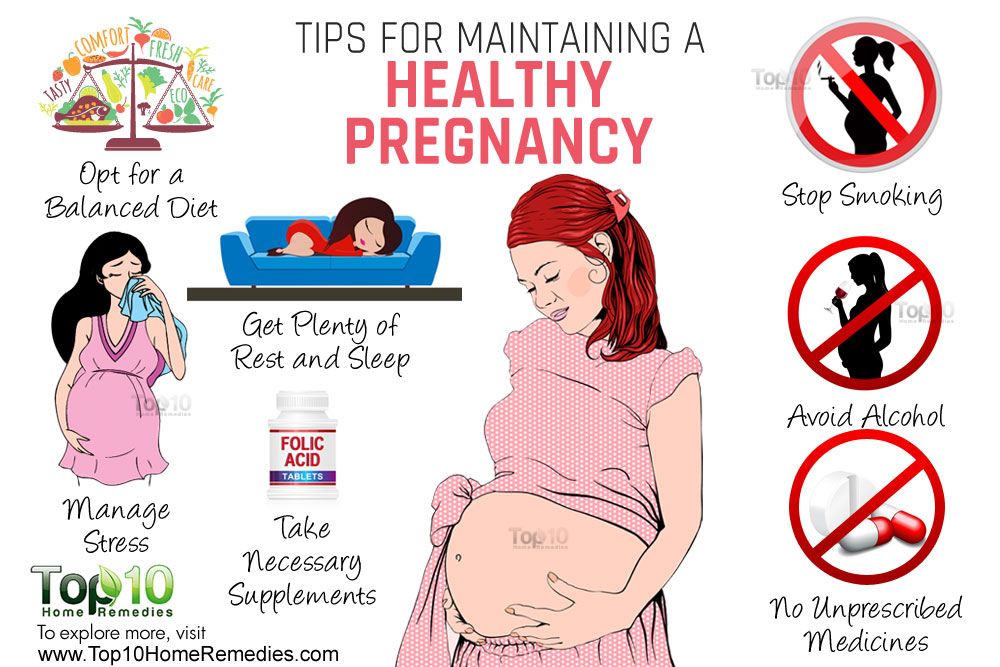 As the obstetrician-gynecologist explains, it is really impossible to sleep on your back. “At the beginning of pregnancy, a woman can sleep in any position. From the 12th week, we no longer recommend lying on the stomach, but from the 16th -
As the obstetrician-gynecologist explains, it is really impossible to sleep on your back. “At the beginning of pregnancy, a woman can sleep in any position. From the 12th week, we no longer recommend lying on the stomach, but from the 16th -
and on the back. This is because, because of this position, the uterus puts pressure on the organs, the spine, the vessels that supply blood to the heart and brain. As a result, a woman develops nausea, dizziness, she may lose consciousness. This is called "inferior vena cava syndrome". You need to sleep on your side, preferably on the left.
Heartburn? This means that
the child's hair grows
Heartburn can also occur in the early stages, against the background of hormonal changes. Doctors consider this condition as toxicosis. In order to understand whether this is a true statement or a myth, you need to understand what heartburn is. The process of release of acid into the esophagus occurs due to the fact that the uterus during pregnancy increases significantly.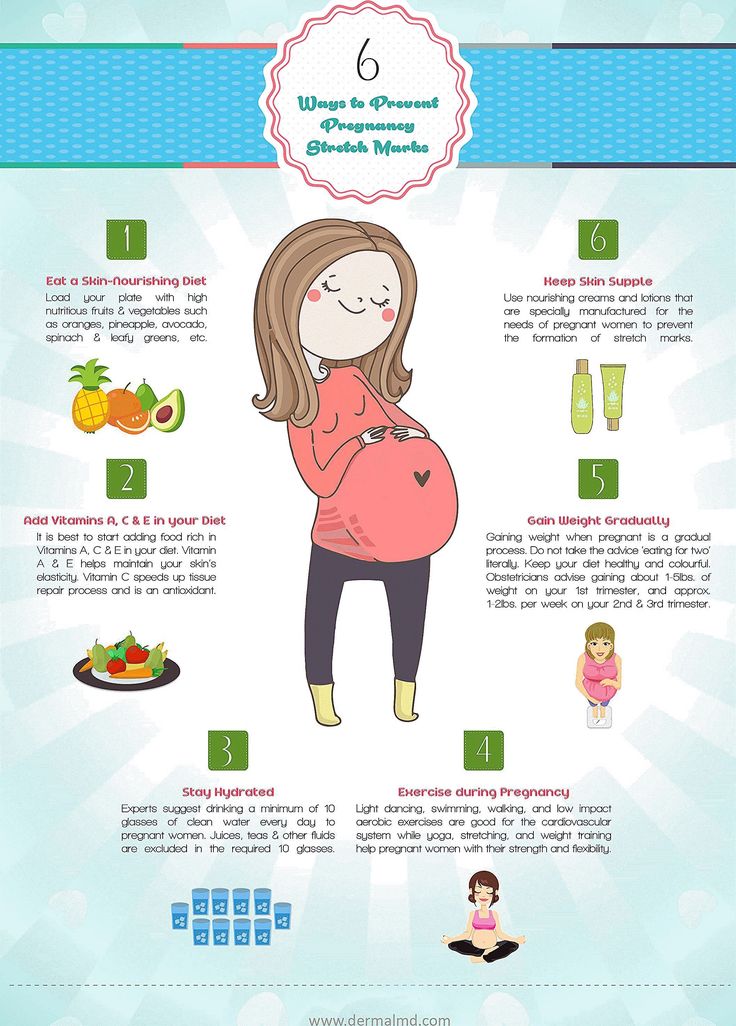 This is why women are so often bothered by burning sensations and nausea. “You can try to get rid of this state, -
This is why women are so often bothered by burning sensations and nausea. “You can try to get rid of this state, -
says Natalia Arturovna. - For example, eat often, fractionally, in small portions. Do not lie down immediately after eating. In addition, it is not recommended to eat sour, spicy, hot and cold foods. They will help get rid of discomfort and a few sips of mineral water before meals. And the child’s hair has absolutely nothing to do with it. ”
Is the abdomen sharp? there will be a boy…
...and if it is round, it will be a girl. “The shape of the abdomen depends on the size of the woman’s pelvis and the position of the child,” says Natalya Maidanenko. - If the baby lies along, then the stomach will bulge. This is a myth that sometimes coincides with reality.”
If you sew, knit, embroider, the baby will be wrapped in the umbilical cord. They gave birth to healthy children, and, by the way, there was not even an entanglement of the umbilical cord. So this is a myth, - the obstetrician-gynecologist is sure. - If such a hobby calms a woman, gives pleasure, then this is even for the better.
So this is a myth, - the obstetrician-gynecologist is sure. - If such a hobby calms a woman, gives pleasure, then this is even for the better.
Showers only, no baths
- If there is a risk of miscarriage, it is advisable to take a shower. In other cases, you can sit in the bathroom. We sometimes advise patients, if the tone of the abdomen has increased, to take a warm bath, says the doctor. - Of course, the water temperature should be within reason, and you should not stay too long, 10-15 minutes will be enough. Anna Safronova, mother of two children:
– I dyed and cut my hair during pregnancy, and nothing bad happened. On July 5, daughter Anita was born. Weighing
3,600 grams and 52 centimeters tall, she was born healthy and strong. I confess that I really associated heartburn with the fact that the child will be born with thick hair. It turned out that this was not the case at all. I advise all expectant mothers to trust doctors more, and not the so-called folk signs.